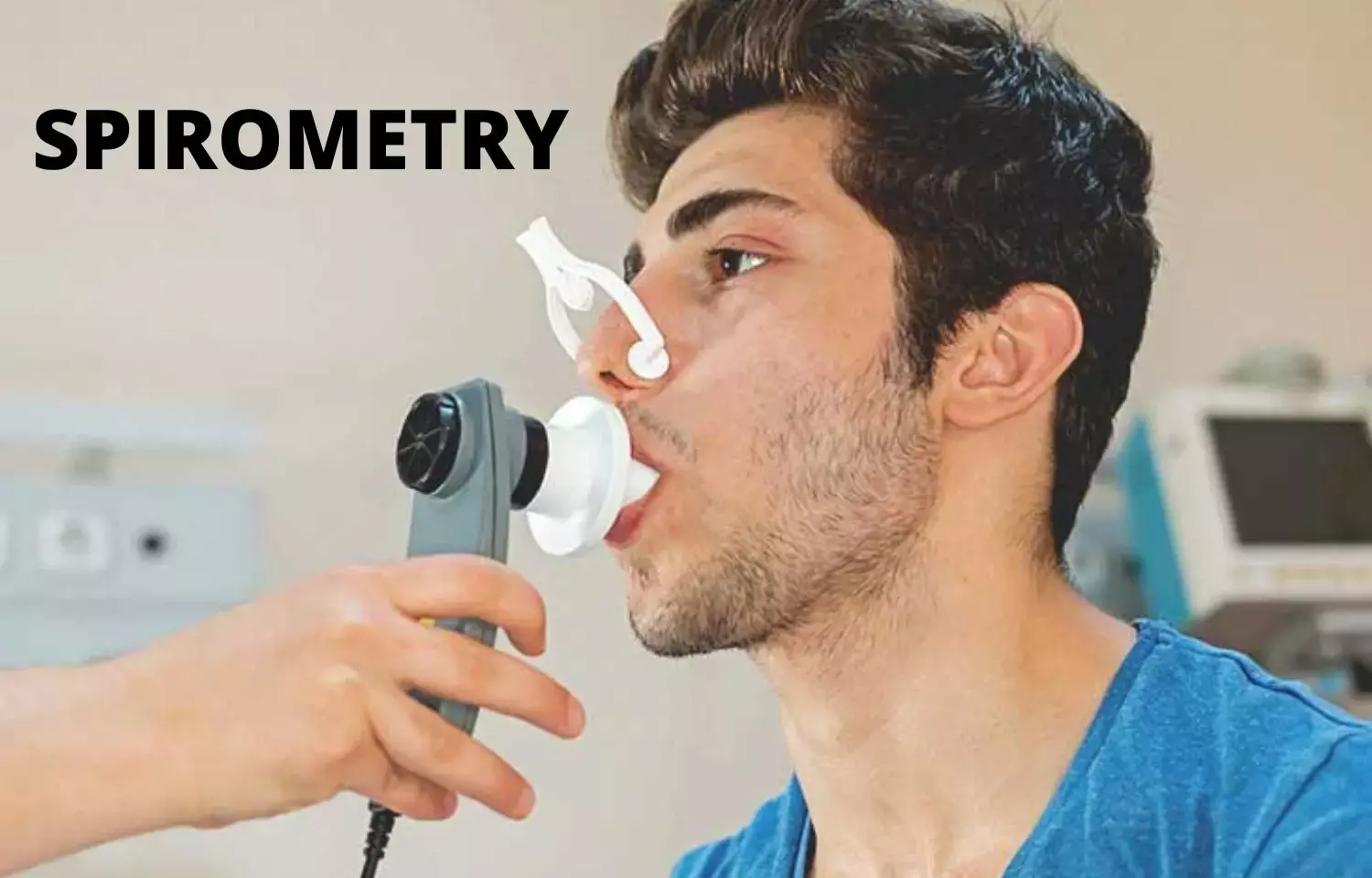- Home
- Medical news & Guidelines
- Anesthesiology
- Cardiology and CTVS
- Critical Care
- Dentistry
- Dermatology
- Diabetes and Endocrinology
- ENT
- Gastroenterology
- Medicine
- Nephrology
- Neurology
- Obstretics-Gynaecology
- Oncology
- Ophthalmology
- Orthopaedics
- Pediatrics-Neonatology
- Psychiatry
- Pulmonology
- Radiology
- Surgery
- Urology
- Laboratory Medicine
- Diet
- Nursing
- Paramedical
- Physiotherapy
- Health news
- Fact Check
- Bone Health Fact Check
- Brain Health Fact Check
- Cancer Related Fact Check
- Child Care Fact Check
- Dental and oral health fact check
- Diabetes and metabolic health fact check
- Diet and Nutrition Fact Check
- Eye and ENT Care Fact Check
- Fitness fact check
- Gut health fact check
- Heart health fact check
- Kidney health fact check
- Medical education fact check
- Men's health fact check
- Respiratory fact check
- Skin and hair care fact check
- Vaccine and Immunization fact check
- Women's health fact check
- AYUSH
- State News
- Andaman and Nicobar Islands
- Andhra Pradesh
- Arunachal Pradesh
- Assam
- Bihar
- Chandigarh
- Chattisgarh
- Dadra and Nagar Haveli
- Daman and Diu
- Delhi
- Goa
- Gujarat
- Haryana
- Himachal Pradesh
- Jammu & Kashmir
- Jharkhand
- Karnataka
- Kerala
- Ladakh
- Lakshadweep
- Madhya Pradesh
- Maharashtra
- Manipur
- Meghalaya
- Mizoram
- Nagaland
- Odisha
- Puducherry
- Punjab
- Rajasthan
- Sikkim
- Tamil Nadu
- Telangana
- Tripura
- Uttar Pradesh
- Uttrakhand
- West Bengal
- Medical Education
- Industry
Dupilumab Effective in Treating Severe Asthma with Small Airway Dysfunction

A real-life study uncovered the positive effects of the drug Dupilumab on severe asthma patients, marking a significant advancement in asthma treatment. Dupilumab, a humanized immunoglobulin G (IgG)–4 monoclonal antibody, has demonstrated remarkable potential in improving asthma-related health parameters.
This innovative research delved into the impact of Dupilumab therapy on patients with uncontrolled severe asthma, specifically selected based on oscillometry-defined Small Airway Dysfunction (SAD). SAD, closely associated with type 2 inflammation and asthma control, was diagnosed when patients exhibited values of R5-R20 greater than or equal to 0.10 kPa/L/s and AX greater than or equal to 1.0 kPa/L at baseline.
The results of the study were astonishing. After only 4.5 months of Dupilumab therapy, significant improvements were observed in oscillometry outcomes. Median improvements in R5-R20 and AX exceeded previously established biologic variability values, indicating a clinically relevant treatment effect. Furthermore, the mean improvements in lung function (FEV1, FEF25-75, and FVC) were substantial, surpassing established biologic variability values for clinical relevance. These improvements were accompanied by significant enhancements in asthma control scores, more than threefold beyond the traditionally accepted minimal clinically important difference.
Out of the 16 patients involved in the study, 12 experienced improvements in oscillometry values exceeding biologic variability values. Notably, 13 patients exhibited enhancements in lung function metrics, and 12 experienced an improvement in asthma control scores greater than the minimal clinically important difference.
This study is the first of its kind to investigate the effects of Dupilumab therapy in patients with oscillometry-defined SAD. While the study acknowledges potential limitations, including its retrospective nature and a relatively small sample size from a single UK specialist center, the findings are undeniably promising.
Dupilumab's success in improving SAD outcomes, spirometry, fractional exhaled nitric oxide (FeNO) levels, and overall asthma control offers a ray of hope for those living with severe asthma. The results open the door to future research endeavors, including the ongoing VESTIGE trial (NCT04400318), which will explore the effect of Dupilumab on functional respiratory imaging as a primary outcome. These findings signify a significant leap forward in the treatment of severe asthma and could pave the way for tailored therapies in the future.
Source:
Chan, R., & Lipworth, B. (2023). Real-life effects of dupilumab on airway oscillometry in severe uncontrolled asthma. In Annals of Allergy, Asthma & Immunology. Elsevier BV. https://doi.org/10.1016/j.anai.2023.07.021
Neuroscience Masters graduate
Jacinthlyn Sylvia, a Neuroscience Master's graduate from Chennai has worked extensively in deciphering the neurobiology of cognition and motor control in aging. She also has spread-out exposure to Neurosurgery from her Bachelor’s. She is currently involved in active Neuro-Oncology research. She is an upcoming neuroscientist with a fiery passion for writing. Her news cover at Medical Dialogues feature recent discoveries and updates from the healthcare and biomedical research fields. She can be reached at editorial@medicaldialogues.in
Dr Kamal Kant Kohli-MBBS, DTCD- a chest specialist with more than 30 years of practice and a flair for writing clinical articles, Dr Kamal Kant Kohli joined Medical Dialogues as a Chief Editor of Medical News. Besides writing articles, as an editor, he proofreads and verifies all the medical content published on Medical Dialogues including those coming from journals, studies,medical conferences,guidelines etc. Email: drkohli@medicaldialogues.in. Contact no. 011-43720751


